Videos
Images
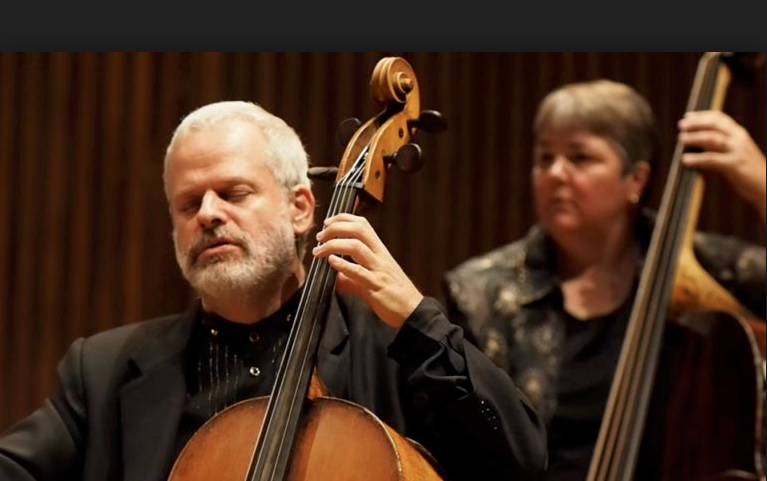
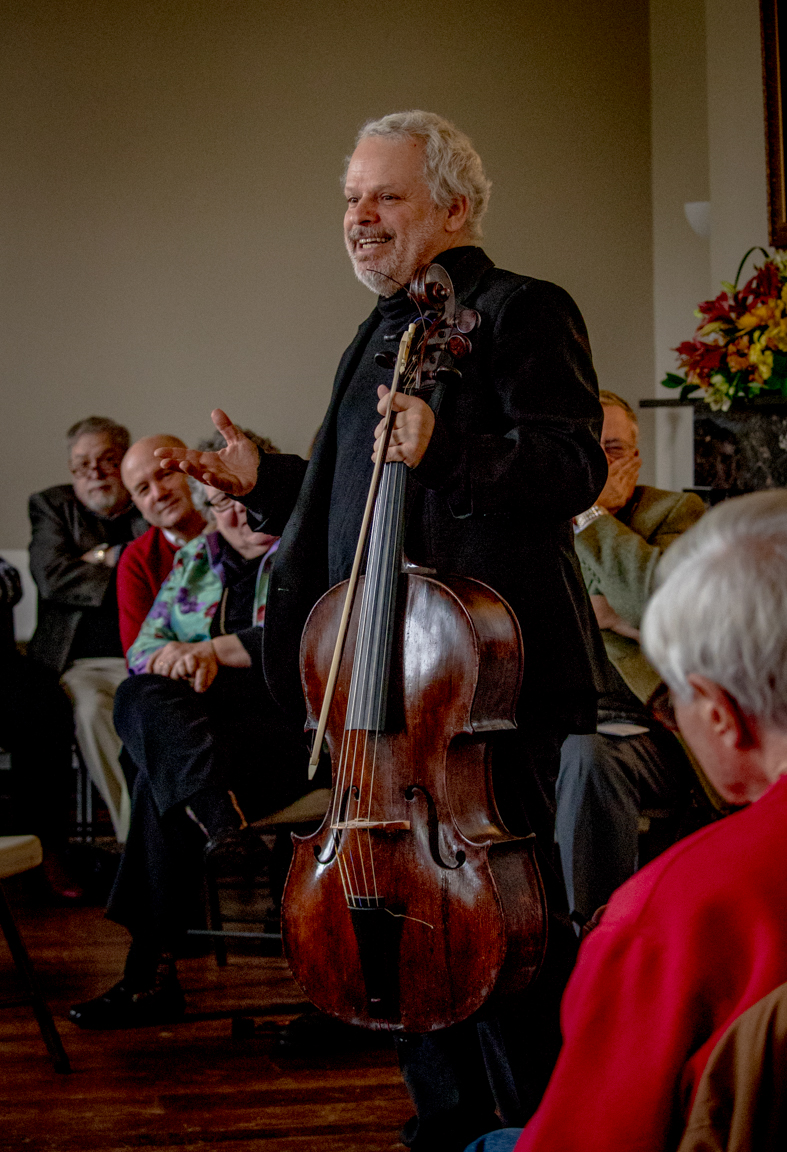
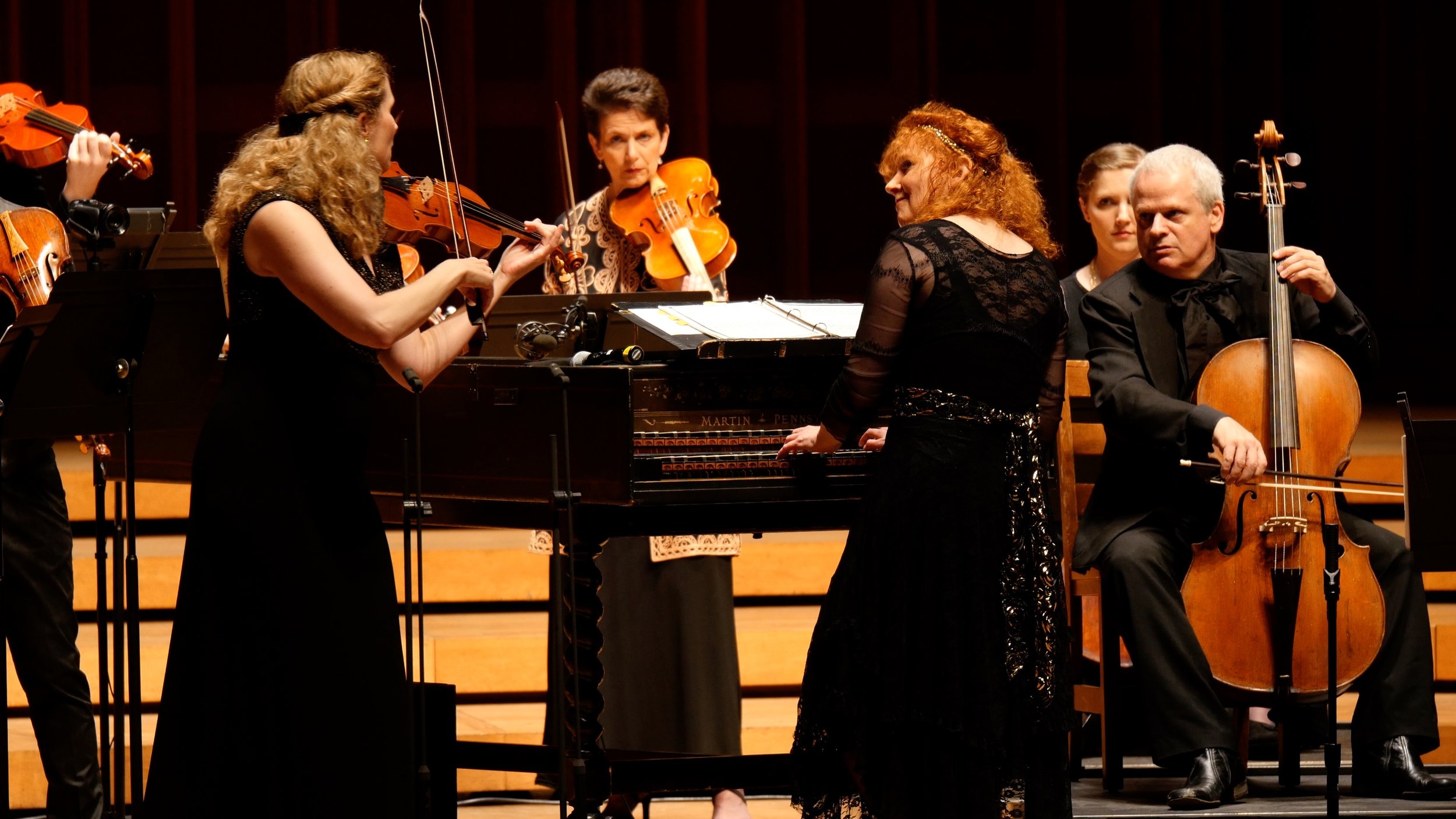

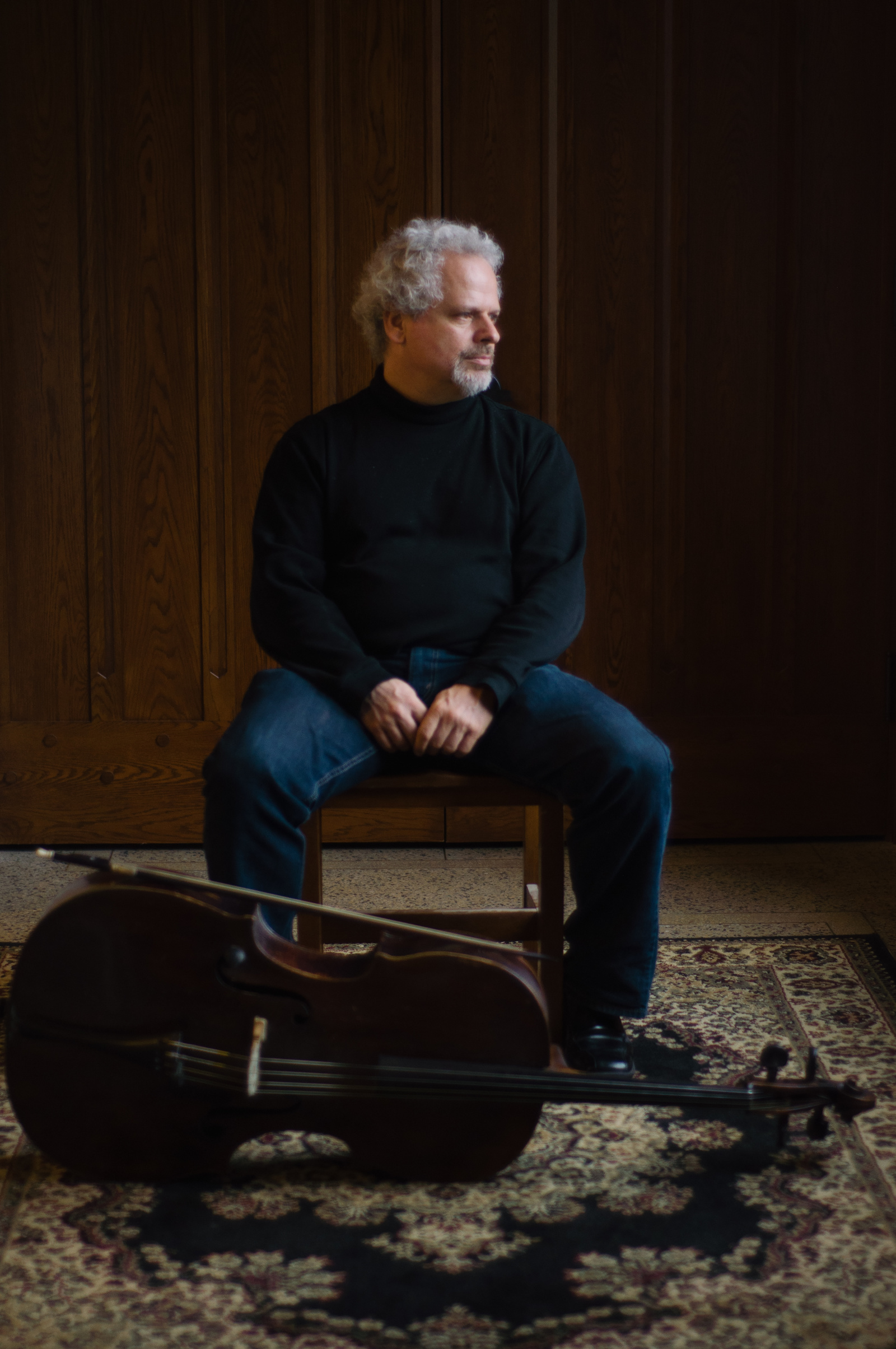
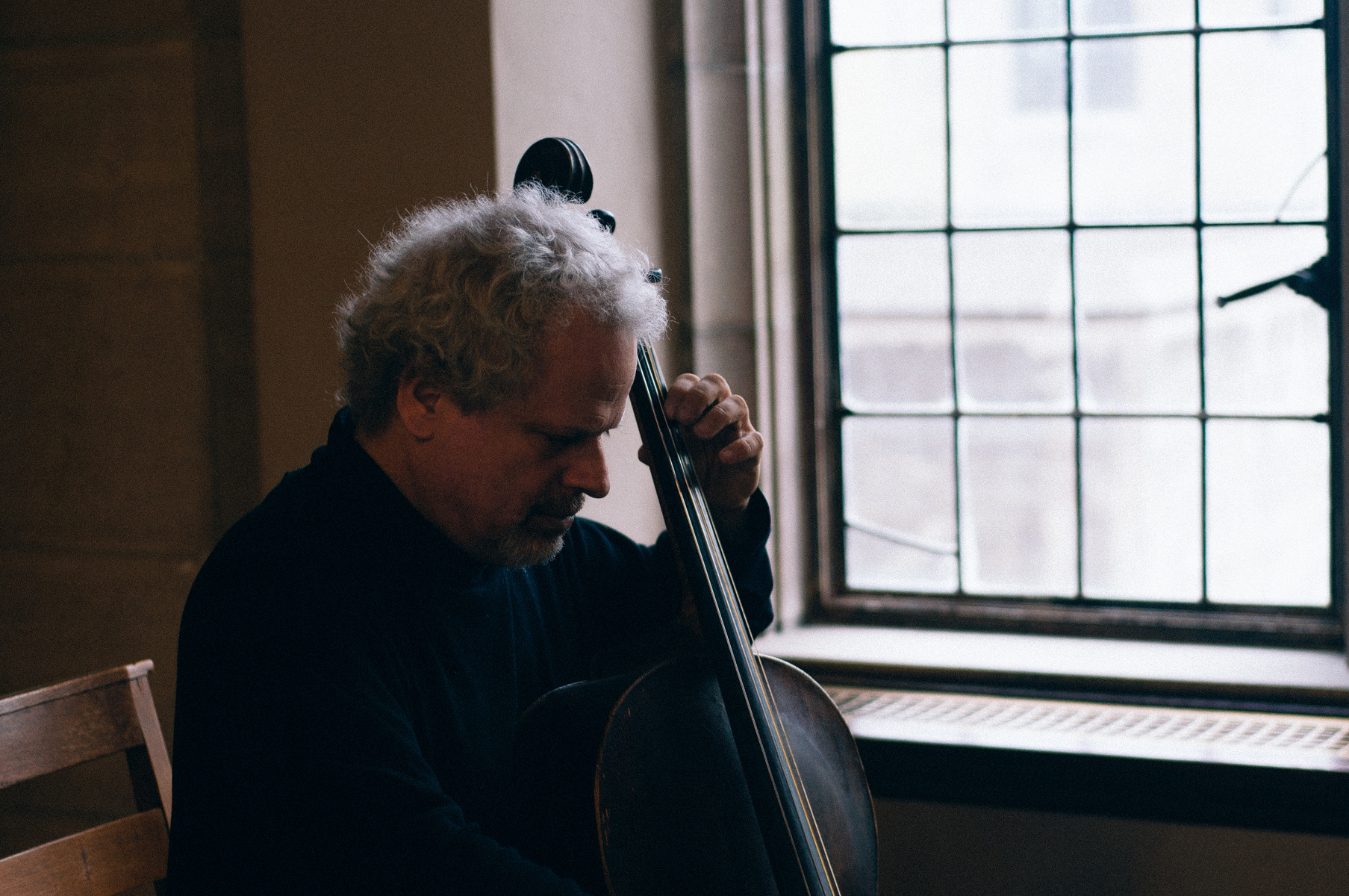
Reviews
—- Rene Schiffer's reconstruction of Monteverdi's lost music for the final scene was seamless and convincing. — Mark Satola, Cleveland Classical
—- So René Schiffer, the cellist of Apollo’s Fire, took it upon himself to write music for the final scene, in an imitation of Monteverdi that presumably would never fool the experts but will do just fine for the rest of us. The result was to provide a vivid and bloody burst of energy to a performance that by that point needed a little more vigor — Joshua Kosman - April 21, 2018 Updated: April 21, 2018 10:09pm SF Chronicle
—- Apollo’s Fire brought the house down and the heart rates up at Carnegie Hall debut... (…) The highlight of this evening was a thrilling, caffeinating performance of Vivaldi’s La Folia. The ensemble played with lilt, verve, and a sense of real community. Cellist René Schiffer was a force of energy throughout — CLEVELANDCLASSICAL.com
—- What an amazing concert yesterday with the Grammy winning, Apollo’s Fire baroque group put on by the San Antonio Chamber Music Society! I don’t think I’ve ever seen Vivaldi concertos performed with such energy and passion. The interpretation was phenomenal, it was truly inspiring. The first chair cellist René Schiffer, even pulled out his cello after the concert as he was leaving and gave a few of us musicians an impromptu talk on interpretation. It was enlightening. Be sure to look up Apollo's Fire videos on YouTube! — Hector Serna, Facebook
—- This was the most interesting and fun! The Four Seasons and the Cello Double Concerto was startling. So much energy, so much fun and humor. It felt like listening to a great story teller —- Tido Janssen, Facebook
—- Schiffer said in a recent telephone conversation that he took on the project with some reluctance. “Everybody records these suites — why should I join the fray? I always thought that if I were going to make a CD, it would be of my own pieces.” He gave in after the strong exhortations of friends and the promise of funding. “People have told me that it’s worth putting myself out there because I have my own unique rendering of the pieces. I decided, why not!” —
Schiffer said that the special point of view he brings to the project is that of a composer as well as a performer. “In Bach’s time, a cellist would also have been a composer. I’ve been writing music in the Baroque style my whole life, so composing has become second nature for me. The living contact and rapport that I have with the music is similar (I’d rather say “close to” - Rs) to that of a jazz player. For classical musicians, the written score is the number one thing, but that’s not for me anymore. I’m going into this not with the mindset of being authentic — I can’t tell you what Bach would have wanted, because I can’t get into his brain — but from the perspective of what a cellist of the time might have done with the music.”
Schiffer’s re-ordering of the suites in his three sets of concerts reflects that they were written as pedagogical pieces in order of difficulty. His January performances will include the fifth and sixth suites, for which he’ll use a special five-string violoncello piccolo, then the final set in March will visit the first and fourth suites.
“I have a really wonderful violoncello piccolo,” he said. “I’ll use an alternate tuning that allows you to make wonderful new chords that you can’t play on a normally-tuned cello. And calling on my gamba training, I’ll bow underhand, which makes my instruments sound better.”
Audiences will also be treated to music by Schiffer himself. “I wrote my own Bach Suite in the ‘90s — Suite No. 7. It carries the catalogue number BMW 1013 TD, which either stands for ‘turbo diesel’ or ‘touchdown.’ It also shows how you can make a Bach gigue out of a fiddler’s jig. That should be interesting, and a little bit entertaining, I hope.”
Daniel Hathaway, ClevandClassical.com, Oct 29, 2019

